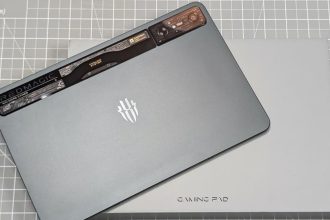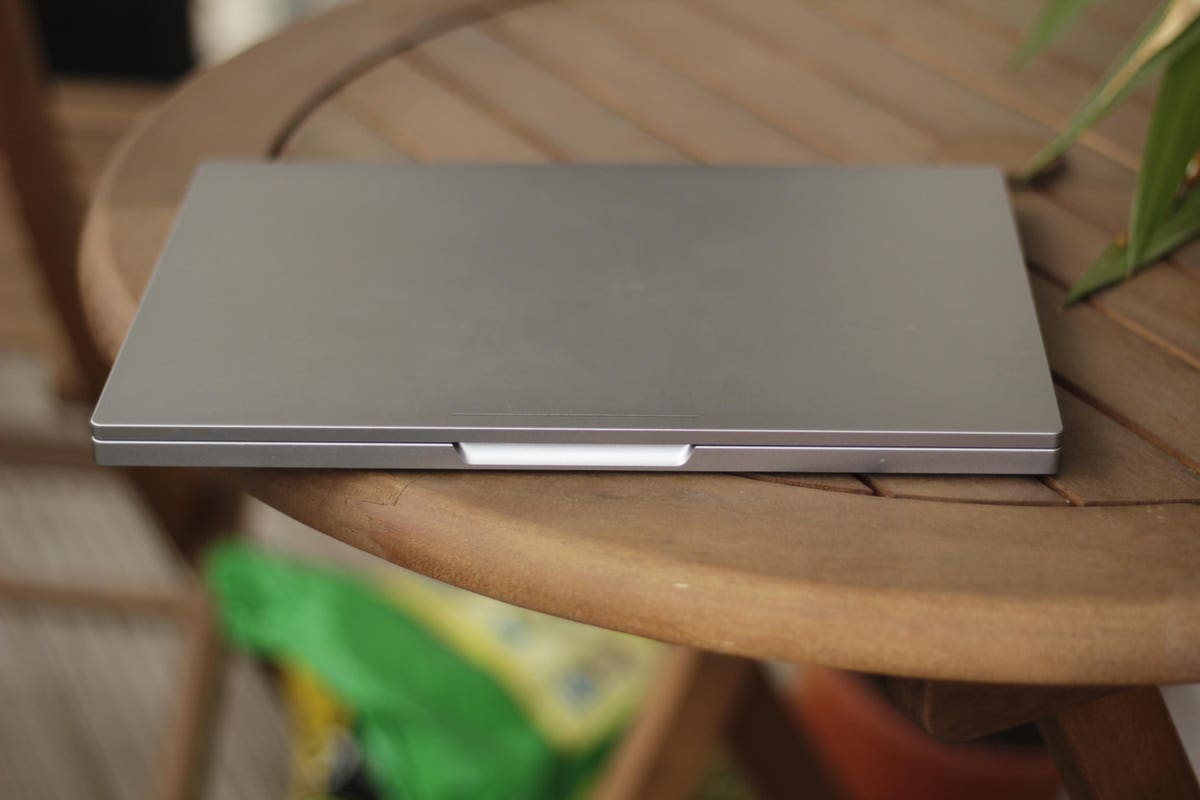Google is on a hot streak right now. The 2016 Pixel rebrand that ditched the inconsistent Nexus line and bought us today’s Pixel phones has seen success with the Pixel Watch, Pixel tablet, Pixel Buds and Nest Hub range. But one category is missing: laptops.
Or, more specifically, Chromebooks. Yes, Google made Chromebooks for a couple of years (Google’s 2013 Chromebook was the first device to carry the Pixel title), but the company dissolved the Pixelbook team last year. Despite the name, the Pixelbook range didn’t quite adhere to the current Pixel philosophy because the design consistency wasn’t quite there. The Chromebook Pixel 2015, my favourite Chromebook of all time, is a far cry from the cheaper, fun-coloured Pixelbook Go.
But there are a few solid reasons for Google to have another stab at making ChromeOS laptops. Much of what has worked for the Pixel smartphone line would port perfectly over to a Chromebook. Take the Pixel 4’s 3D face unlock technology that was unceremoniously ditched after being used in one device.
It was an Android first and truly rivalled Apple in an area that mattered. The speed, ease and safety of unlocking your phone, paying for something or logging into an app with a glance felt genuinely futuristic. Apple stuck with FaceID for the iPhone, while Google has repurposed some of the radar technology that powered face unlock for the Nest Hub, but it hasn’t made it back to Pixel smartphones.
A high-end Google Chromebook feels like the perfect place to bring back 3D face unlock. You could knock several seconds off of internet shopping, or anything that requires that extra step of security, because of how quick the authentication process is. The speed and ease of face unlock on the Pixel 4 would tie-in perfectly with the simplicity of a Chromebook. That additional layer of security also matches up with the additional level of safety that comes with using a Chromebook thanks to quick, automatic updates, Veified Boot and the way ChromeOS is designed. Google could reasonably claim that a Chromebook with 3D face unlock is one of most secure laptops on the market.
9to5Google reported that Google may be working on a new certification system for premium Chromebooks. The report claims that this could mean a product category of higher-end Chromebooks that support certain exclusive Google features like Live Caption for videos and voice isolation. If you haven’t used a Pixel phone (or some Samsung Galaxy handsets), Live Caption auto-transcribes videos in real time. On a Chromebook video call that would be extremely useful for accessibility reasons, or for anyone who doesn’t want to hear people waffle in a group call.
Elsewhere, basic picture editing tools that make use of Google’s machine learning tech, like Photo Unblur and Magic Eraser, could be respun into some desktop editing software on a Chromebook. Baking Google’s Bard into the OS, possibly replacing the search default home-screen search, would bring new users to the AI service. If Chromebooks are supposed to be hassle-free alternatives to the more intricate operating systems from Apple and Microsoft, Google already has a suite of features that will massively aid that.
Chromebook laptops also aren’t as limited as they once were. Parallels Desktop offers users access to Windows apps and Xbox Game Pass Ultimate gives players a cloud gaming option. Google’s entire product line is about doing for more less and using software trickery to bridge the hardware gap. I can’t think of a better vehicle for that doctrine than a Chromebook.
For students, powerful picture editing, voice transcription (via the free Recorder app) and generative AI baked into a browser-based laptop—that costs less than half of a Macbook—would be a no brainer. This, coupled with Google’s quarterly feature drops that add new functionality to devices for free (but can also break other features), would be a powerful offer.
Not many companies have fully nailed the ultimate Chromebook experience, so there’s still space for a revised product from Google. I wouldn’t write off another Google branded Chromebook completely just yet. The company came very close to launching a Pixel Watch back in 2016, but pulled the plug at the last minute because it wasn’t up to scratch. In 2022 that Watch finally came out and it’s a solid, well-executed device that just needs a battery upgrade to compete with Apple. Maybe I’ll be saying the same thing about Google’s next generation of Chromebooks in six years.
More on Forbes
Forget The Apple AirPods, Samsung Galaxy Buds, These Are My Perfect Earbuds
Motorola Razr 40 Battles Samsung With Aggressive New Deals
Read the full article here




